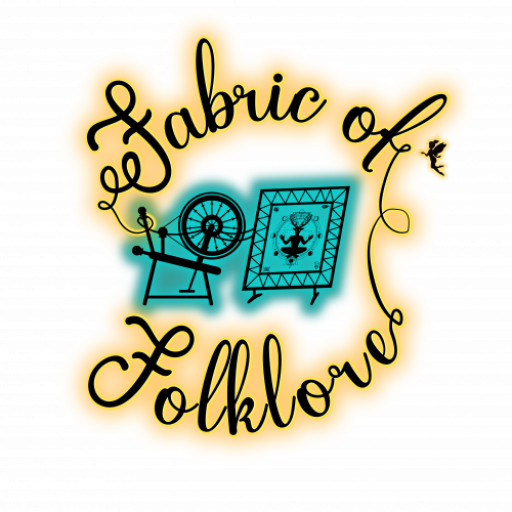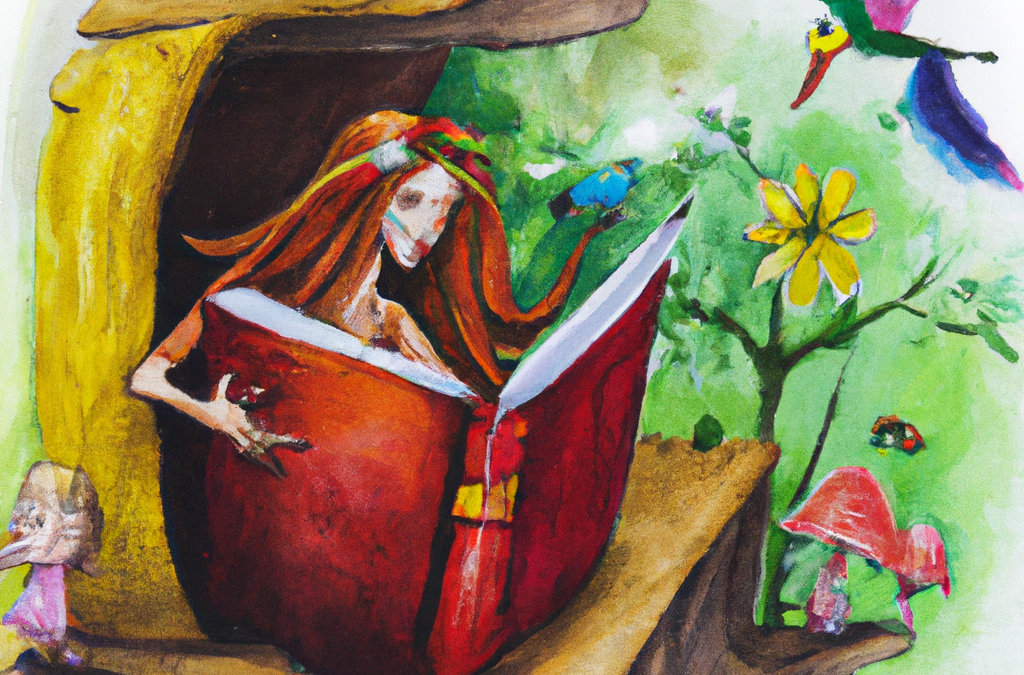Folklore Vs. Folktale
When I first started this project, I misused folklore and folktales interchangeably. It is a common enough mistake for those of us outside of the inner circle of folklore and academia. My confusion stems from the word “lore”. It can, in some instances, mean “story”. Therefore, I understood folklore to mean “stories of the people”. However, this usage is not entirely accurate. I wouldn’t go so far as to say that it is incorrect, but it’s missing a myriad of integral elements.
Folklore is story, but it is ALSO so many other things. It can encompass music, jokes, language, games, religion, artifacts, and cooking. Folklore is the expression of a group of people in many forms. It is the knowledge and traditions of a culture. It is the wisdom, beliefs, and customs of a community. There is even occupational folklore, which is the expression of culture through a person’s place of work. Folklore is not limited to ancient communities, but is alive and well in the communities of today.
Folktale, on the other hand, IS story. It is a part of folklore, a crucial part, but not the only. Folktales can be legends, ghost stories, fairy tales, fables, creation stories, and historical tales. They are generally passed down from generation to generation through oral tradition, and do not have a specific author, but are “of the people”. Folktales are straightforward, with simple plot lines, that often reinforce a shared value, or moral.
When I was first discovering my mistake, it helped me to understand the distinction using an image. Folklore is the over-arching umbrella of community. Folktales are just an element, a section of the folklore umbrella. Each section of the folklore umbrella is a representation of a unique element of its culture. These partitions could include myth, music, festivals, rituals, and beliefs. So while folklore encompasses IT ALL, folktales help to make up just a part of the umbrella of folklore. Folktales are meaningful and vital to understanding the folklore. They help to inform the knowledge of a culture through its tradition of story, which makes it a vital part of the whole.

